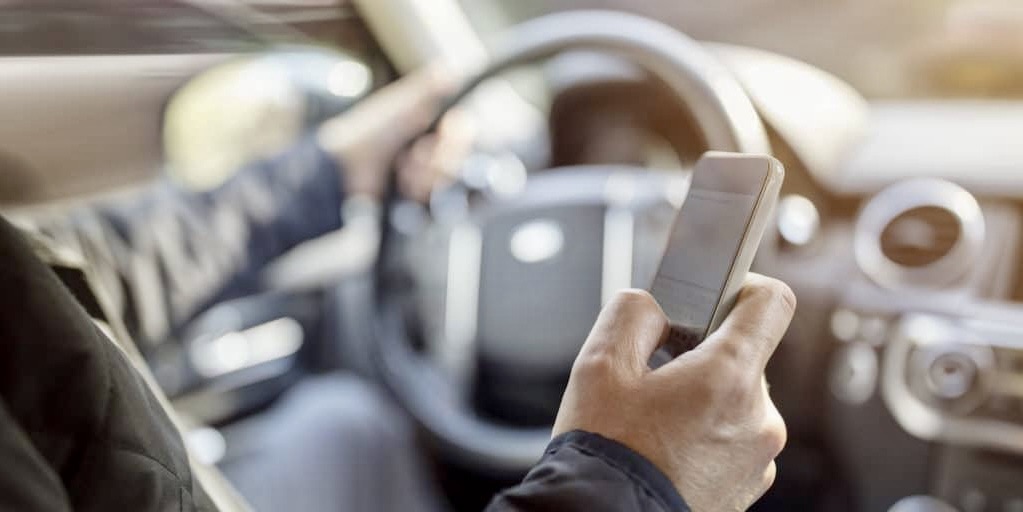
Footnote
I’d suggested that there might be a footnote to the last post should my drive to Chania airport throw up any gems. In fact it did, although not the kind I’d had in mind, and too much for a brief footnote, hence this new and final post.
I’m home now, a day later than I’d expected, having thought foolishly that my journey from Stansted to Exeter would be seamless. In fact, I got stuck overnight in London due to multiple cancellations and delays, with what felt like half the world gathered on Paddington’s concourse vying for news on how they’d get home to the West Country.
While trying to find somewhere to charge my phone, I got talking to a woman searching too, her phone dead and, with no train out, she was worrying about her kids home alone. As we discovered after a sweep of the entire area there were no working charging ports on a station through which 1,000s of people pass every day. And no trains west.
Anyway, despite my underwhelming experience of a return to broken Britain, I’m feeling more glad to be alive than usual, the kind of elation that comes from a near death experience, because I had one at the hands of Lefteris, who drove me to the airport (see last post).
The journey was something of a white knuckle ride because Lefteris drove at breakneck speed, probably not far off Lewis Hamilton’s best, but lacking any of the skills normally considered essential for such hair raising pace
In fact, I suspect he may have missed out on some of the things usually picked up in our early formative years, like burning your fingers on hot stuff, the lessons that teach us what not to do again if we’ve any sense.
Lefteris, it seemed, took evident pleasure in all the wrong things. He was, for example, adept at texting while driving at speed, had astonishing precision at getting right up close to the car in front and can overtake on blind bends or facing oncoming traffic with incredible good fortune. But as I discovered in a terrifying moment, he’s absolutely useless at driving with his head below the dashboard.
This became clear when his phone slipped from his hand mid call, his other in charge of the gear changes and his right knee doing the steering, meaning that any wide turns were out of the question. As chance would have it an urgent need to make one arose at that moment but, detained below deck as he was, he’d no view of the oncoming Coca Cola truck towards which we were hurtling at speed in the middle of the road.
The lorry gave a long, loud foghorn of a honk and I yelled “LEFTERIS STOP IT”, louder than I’ve ever yelled anything before, at which point he bobbed up like a startled meerkat, jerked the car into the correct lane and, phone retrieved, resumed his call, as if nothing had happened.
I didn’t have enough Greek to express my anger and horror at the danger to which we’d been exposed by his idiocy. I don’t speak Italian, he doesn’t speak English and anyway, he was already back on the phone, driving as fast if not faster than before and, as always, only a few inches from the car in front. He had enough to think about without the distraction of a back seat driver whining about having come close to death, so I let it be for a while.
I waited until we got to the airport instead and used the time to buff up my indignation, which I delivered in Greek with the help of Google Translate. When we pulled up, or rather screeched to a halt outside departures, I let rip.
“Lefteris, I’m 69 years old. I’ve travelled the world and had some terrifying journeys, but none so dangerous as yours. You should think about other road users – not just yourself.”
It was a bit blunt and I was unsure of how he’d respond, but was comforted by the fact that we’d never meet again and I’d soon be up in the air in a huge lump of metal hurtling through the sky at hundreds of miles an hour and feeling much safer than in his relatively slow moving Skoda back down on earth.
He responded with a brief apology and a shrug of his shoulders, as if he didn’t really understand because, as he saw it, there had been nothing to worry about because nothing happened. Then he thanked me profusely and left.
Nonplussed I’d watched him walk away across the concourse and, passing through the exit doors turning with a wave and a smile. Then he was gone.
Nothing had happened. Lefteris would be living in the moment once more and no doubt driving back to Rethymno in the same way he came, but surely destined eventually to find himself on the wrong side of chance. I don’t think he gets that, but if he does, even for a moment, I don’t think he’ll dwell. Nothing happened, so why worry?